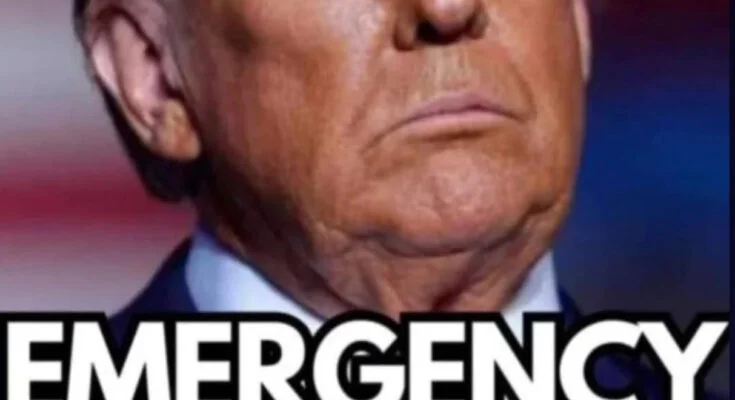“Trump Administration Declares War on Latin American Cartels with ‘Terrorist Organization’ Label”
“Trump Administration Declares War on Latin American Cartels with ‘Terrorist Organization’ Label”
– by Fahad Sharif – Leave a Comment

xPauseUnmuteCurrent Time 0:04/Duration 3:52Fullscreen
-
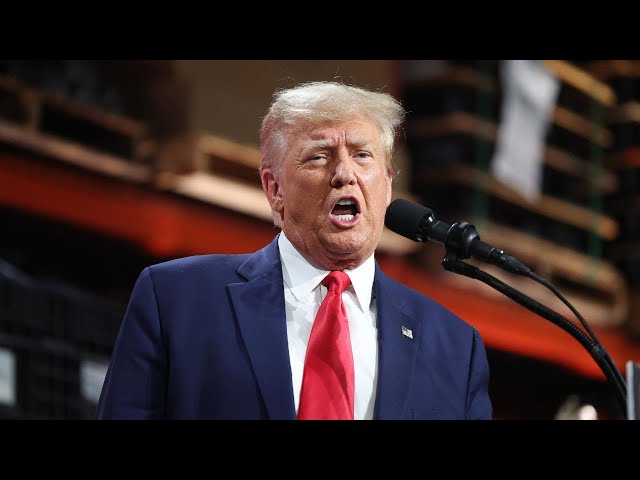 Now Playing
Now Playing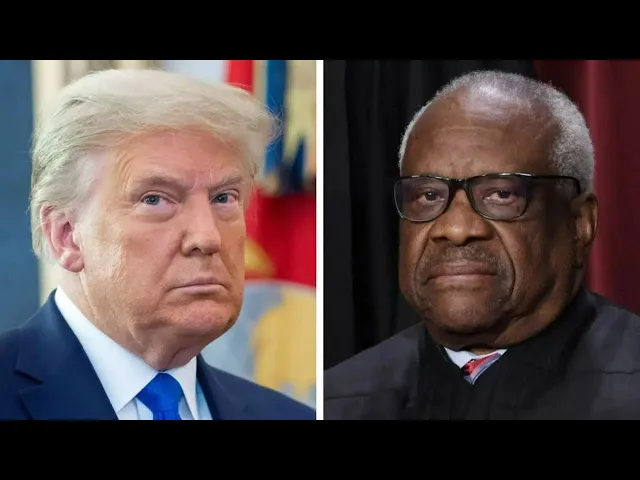
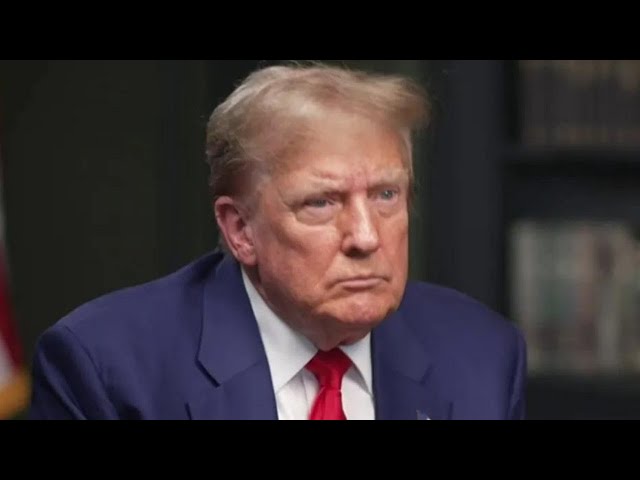
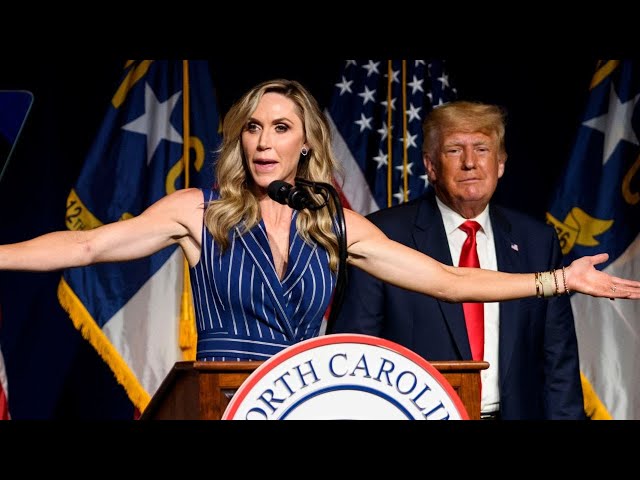
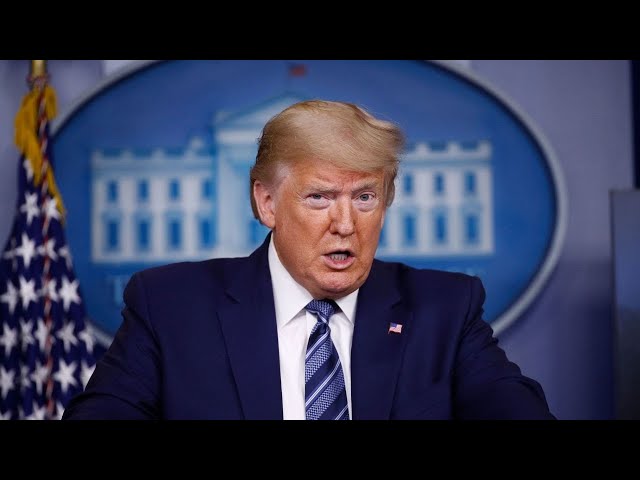
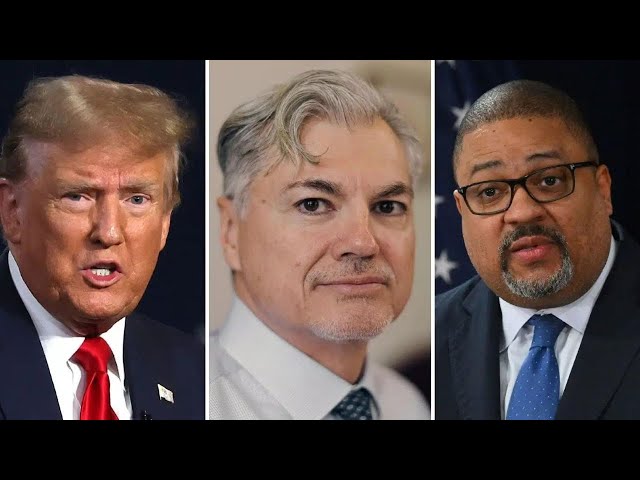
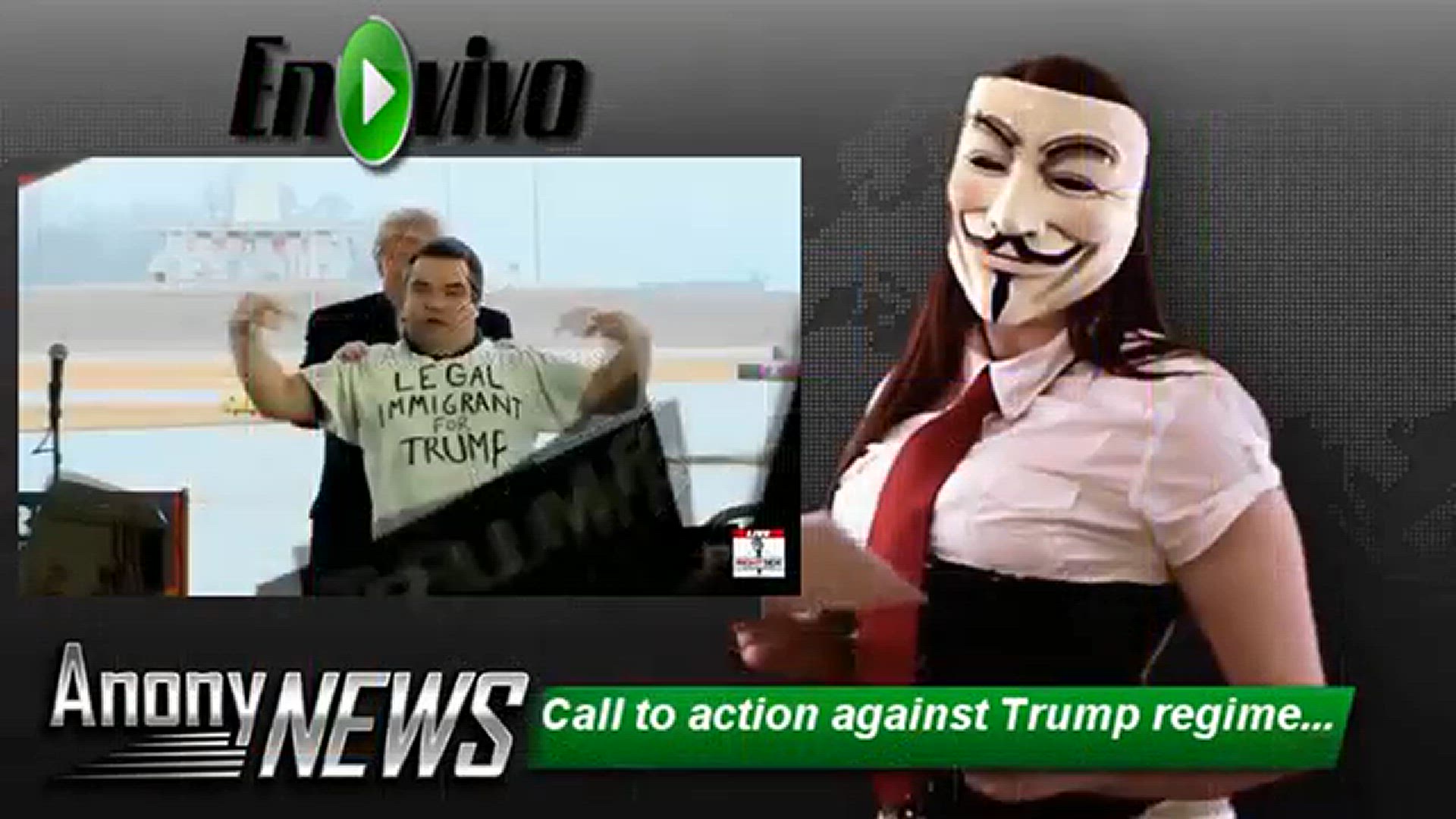
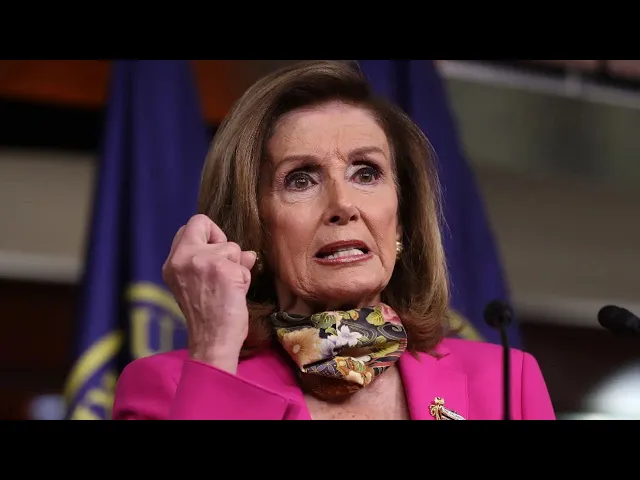
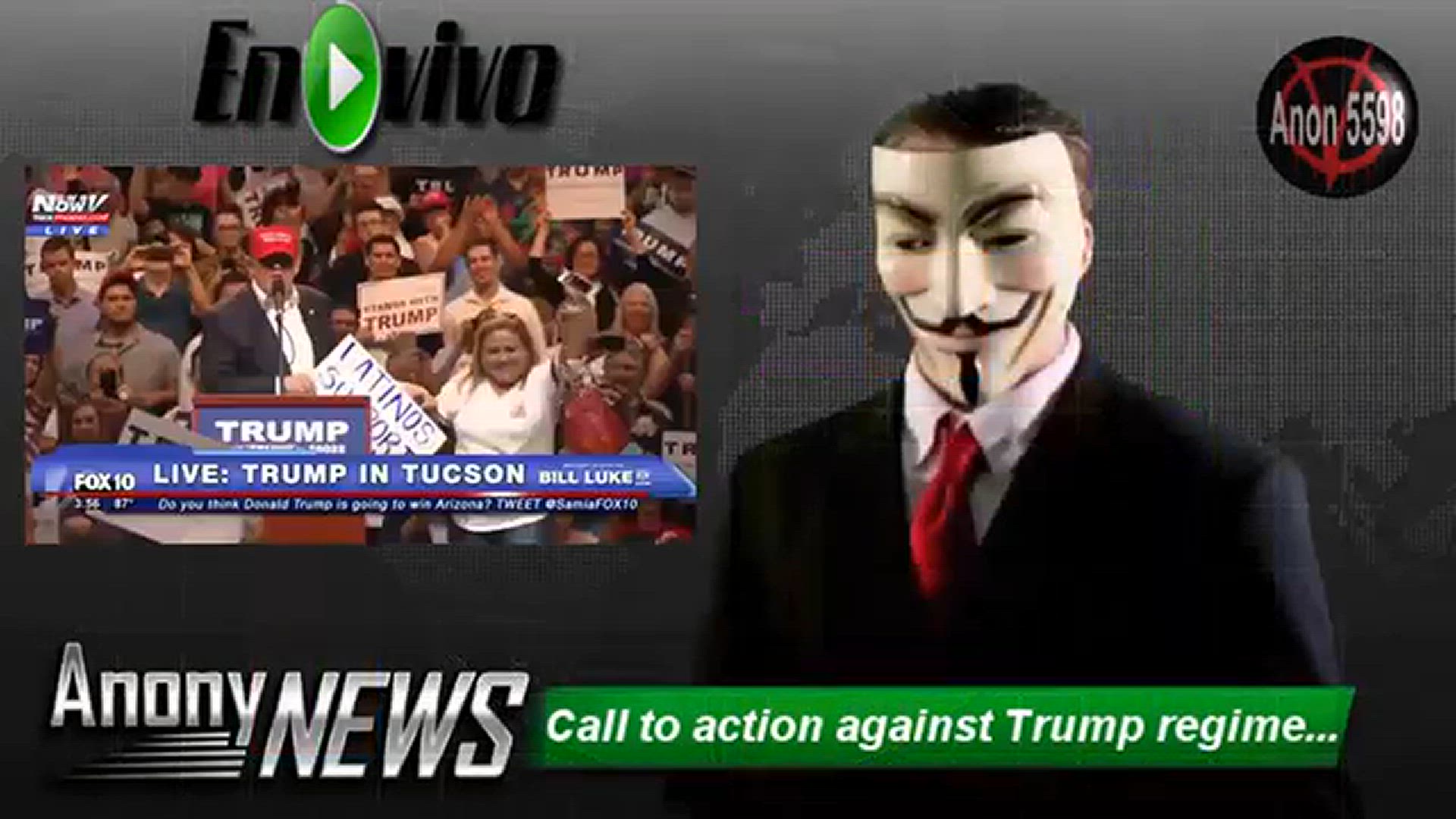
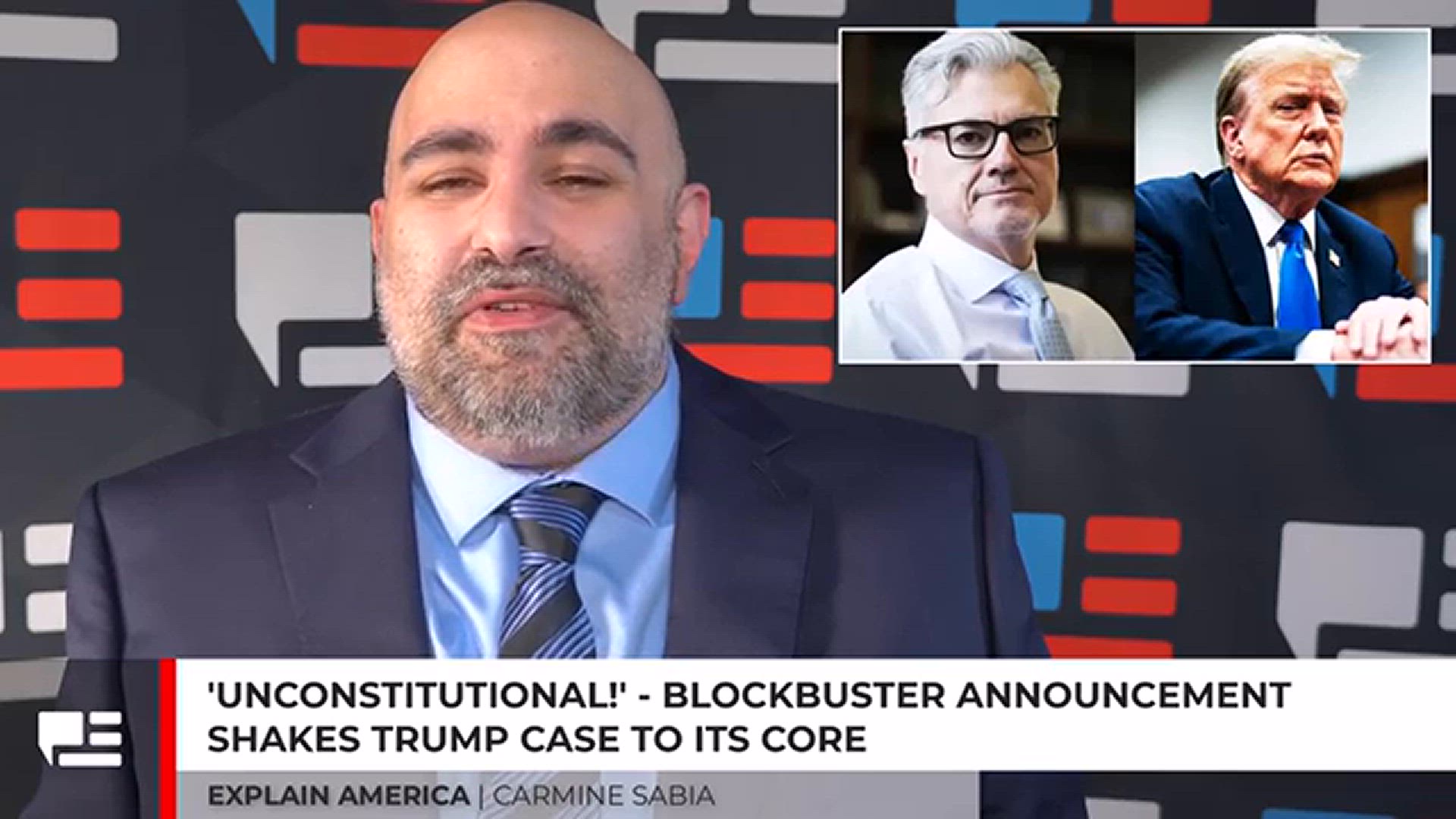
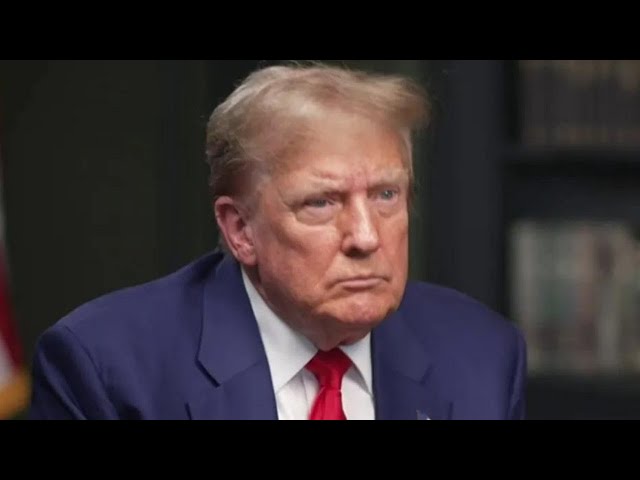
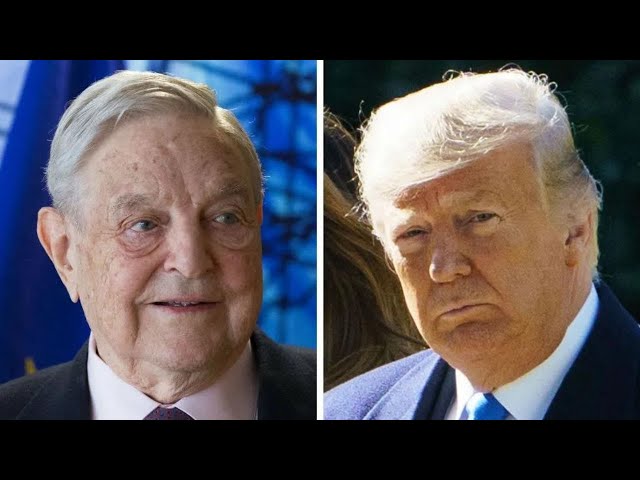
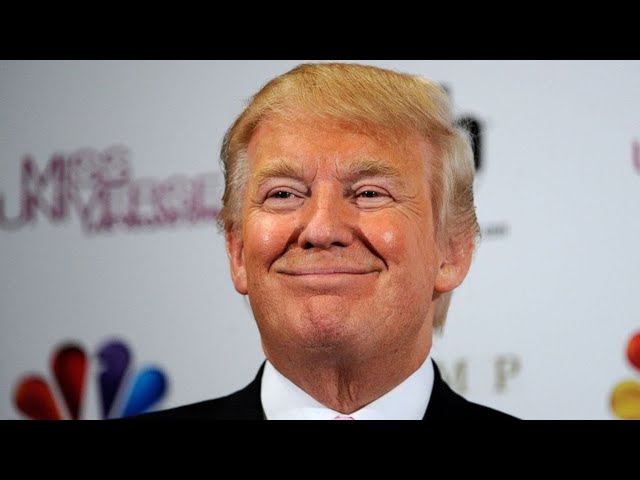
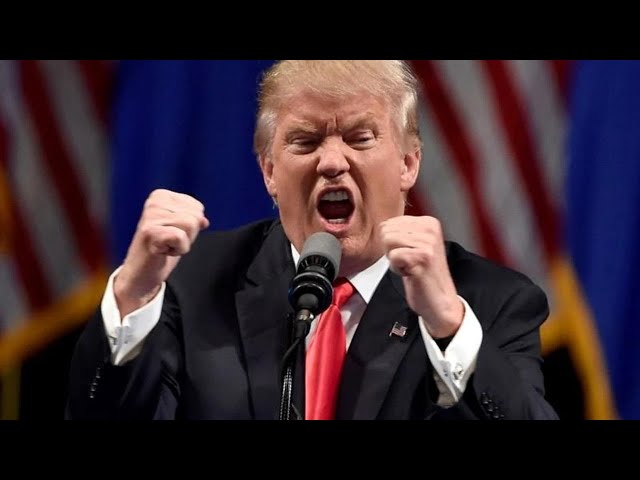
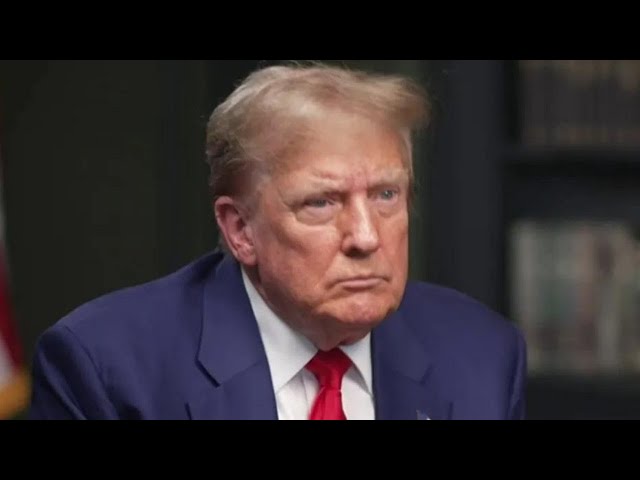
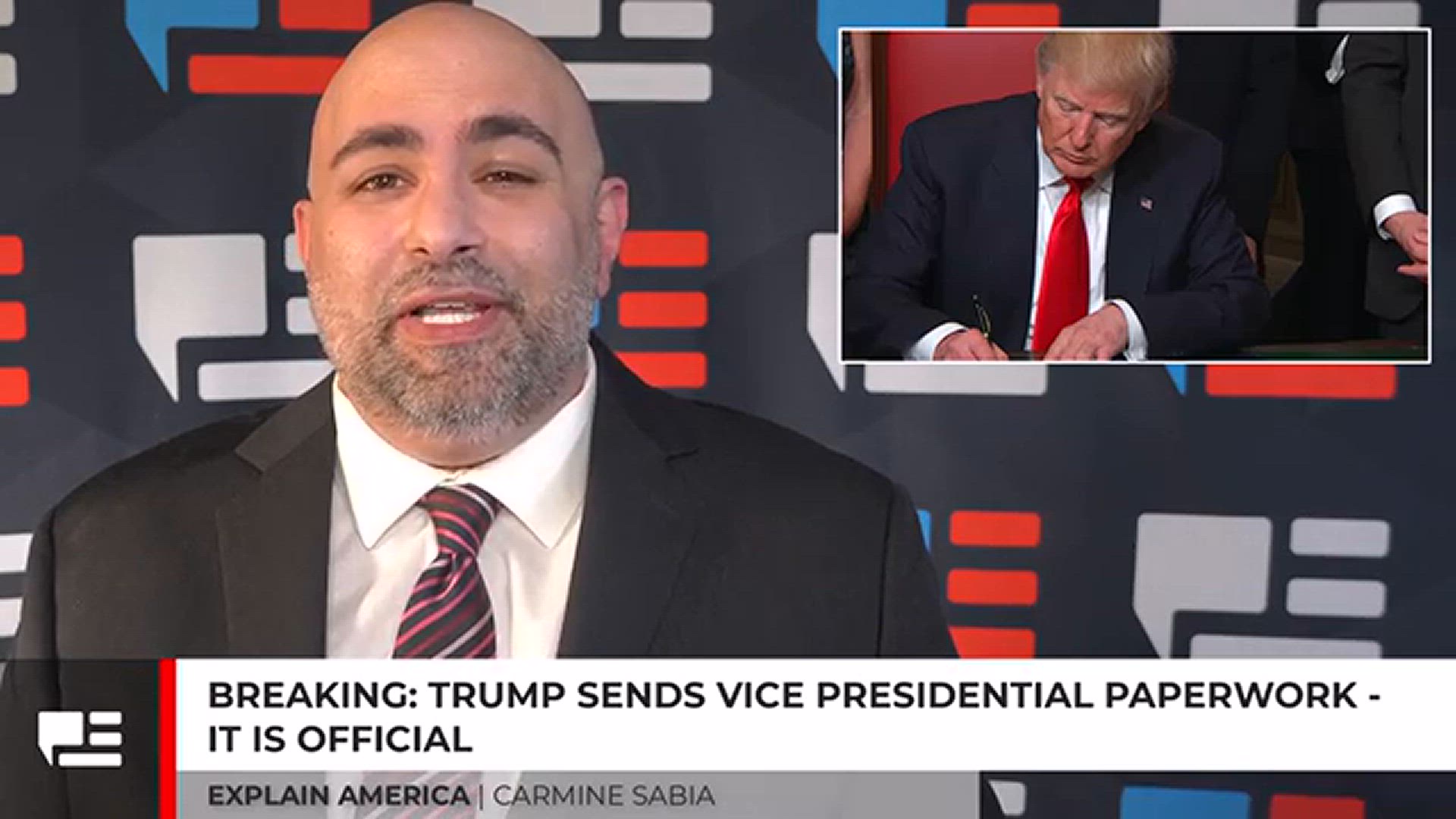
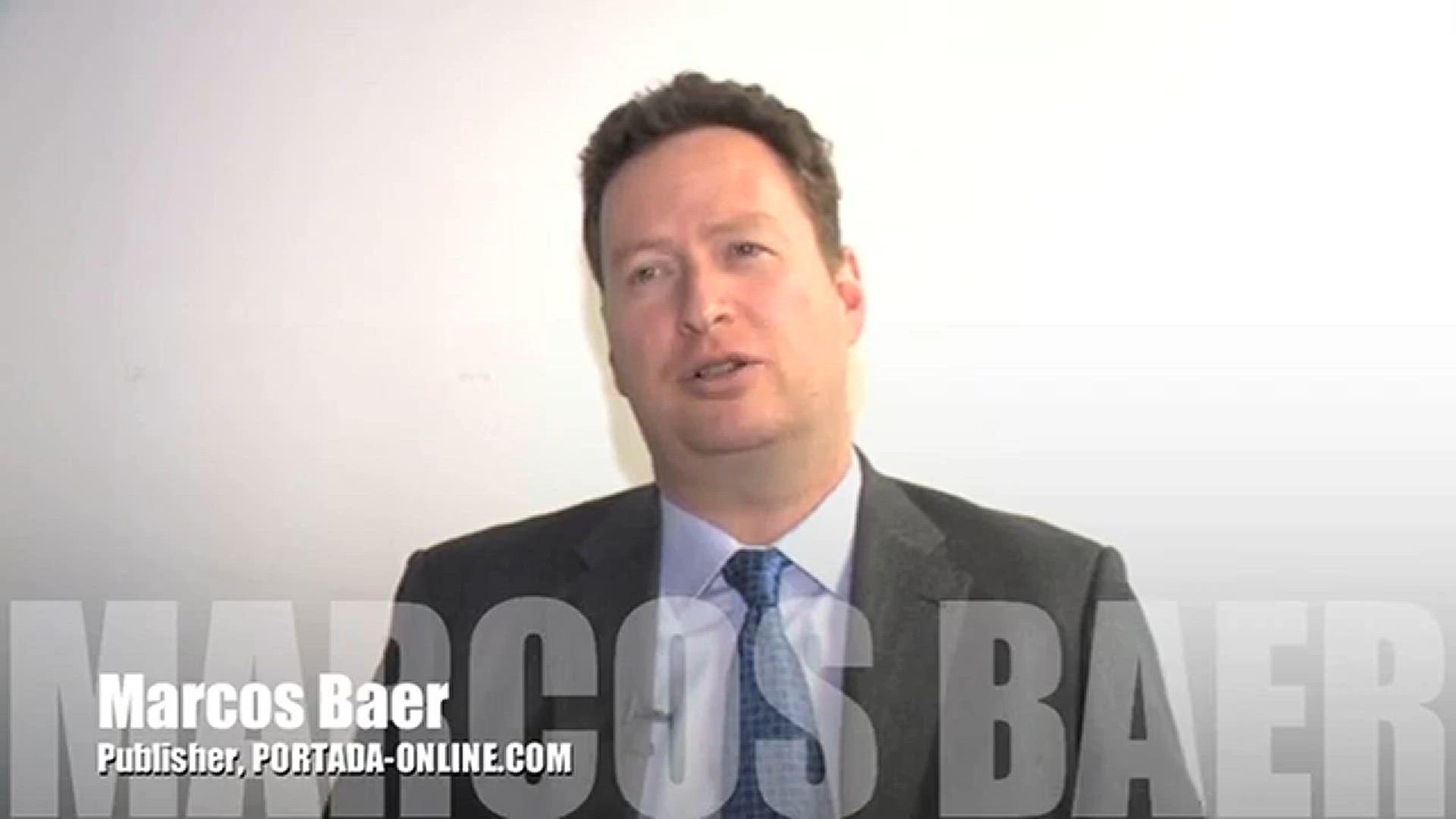
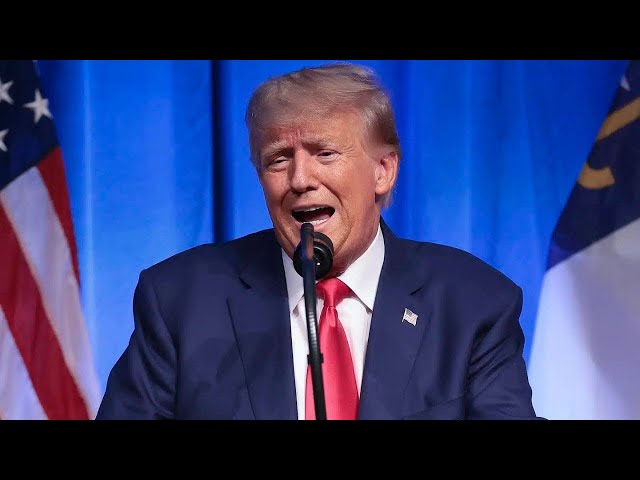
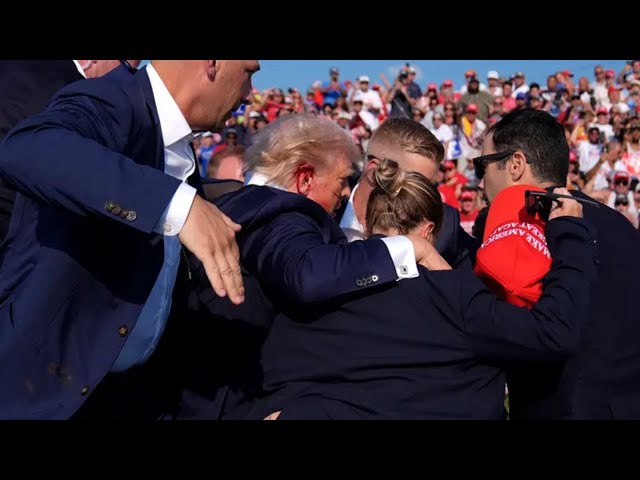
x

Play Video
Trump Crossed The Line – Daughter-In-Law Lara Trump Drops Bombshell
Share

Trump Crossed The Line – Daughter-In-Law Lara Trump Drops Bombshell
The Trump administration has taken a hardline stance on transnational crime by officially designating eight Latin American cartels as “foreign terrorist organizations.” This move marks a significant shift in U.S. policy, treating major drug-trafficking groups similarly to extremist organizations like al-Qaeda or ISIS. By applying this designation, the administration aims to expand legal and financial tools to combat these cartels, increasing pressure on both their leadership and operations. The decision has sparked intense debate, with supporters arguing it strengthens national security while critics fear unintended consequences for diplomatic relations and immigration policies.
The designation allows the U.S. government to target these organizations with severe financial sanctions, making it harder for them to move money through international banking systems. It also enables law enforcement agencies to prosecute individuals associated with the cartels under anti-terrorism laws, significantly raising the penalties for involvement in their activities. This could mean harsher sentences for those caught collaborating with or funding these groups, even indirectly. The administration has justified the decision by citing the extreme violence used by cartels, including beheadings, mass killings, and attacks on law enforcement. Officials argue that these organizations operate beyond traditional criminal enterprises, functioning more like insurgencies that challenge government authority in Mexico and other Latin American countries.
The cartels included in this classification are among the most notorious, responsible for vast drug distribution networks that supply illegal substances to the U.S. market. They control extensive smuggling routes, engage in human trafficking, and use extreme violence to maintain power. By labeling them as terrorist organizations, the U.S. aims to disrupt their financial and logistical networks on a global scale. This could lead to increased cooperation with international allies, pressuring Latin American governments to take stronger action against these groups. However, some experts warn that this approach may backfire by straining diplomatic relations with countries like Mexico, which has historically resisted labeling cartels as terrorists.
One of the main concerns surrounding this move is its potential impact on immigration policies. If cartels are officially recognized as terrorist organizations, individuals fleeing cartel violence may find it more difficult to seek asylum in the United States. This could create legal complications for migrants who have been coerced into working for cartels under duress. Additionally, critics argue that military-style counterterrorism tactics may not be the most effective way to combat drug cartels, which function differently from traditional terrorist groups. Unlike ideological extremists, cartels are primarily profit-driven organizations, meaning financial incentives often outweigh political motivations.
Despite the controversy, the Trump administration has remained firm in its belief that treating cartels as terrorist organizations is necessary to curb the drug trade and protect American lives. The opioid crisis, which has claimed thousands of lives in recent years, is often linked to cartel operations that smuggle fentanyl, heroin, and other dangerous substances across the border. By ramping up enforcement efforts and targeting cartel leadership, the administration hopes to reduce the flow of drugs into the country. Supporters of this policy believe it will also deter cartel-related violence in the U.S., where organized crime networks connected to Latin American cartels operate in major cities.
While the legal implications of this designation are still unfolding, it is clear that the Trump administration’s decision has set a new precedent in the fight against transnational crime. Whether this approach will yield the intended results remains to be seen, but it underscores the administration’s commitment to tackling the cartel crisis with the same intensity as it does global terrorism. As debates continue, the impact of this decision on law enforcement, foreign relations, and immigration policies will likely shape future discussions on U.S. national security strategies.
